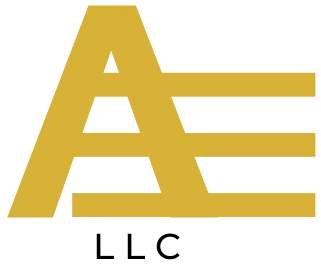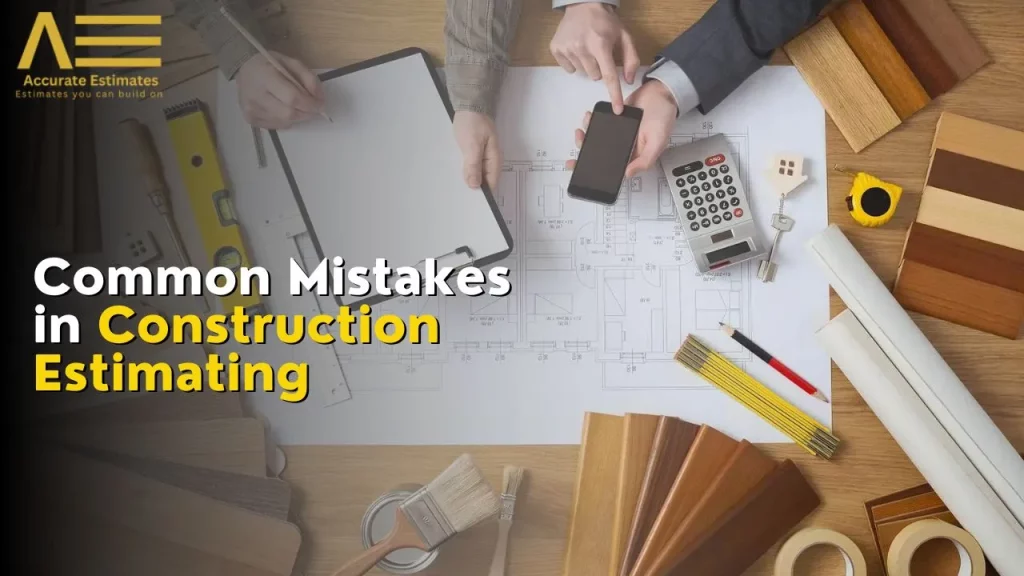How to Become an Electrical Estimator?

Electrical Estimation plays a crucial role in the construction industry, ensuring projects are accurately budgeted and planned. If you’re interested in becoming an electrical estimator, you’ll need to possess a unique blend of technical expertise, mathematical proficiency, and attention to detail. This article is designed to lead you through the fundamental stages necessary to commence a thriving journey in the realm of electrical estimation.
Introduction to Electrical Estimation
Before delving into the specifics, let’s understand the significance of electrical estimation. In the role of an electrical estimator, your main duty is to precisely evaluate the expenses associated with electrical projects. This encompasses a thorough examination of project specifications, materials, labor costs, and other related expenditures to furnish dependable estimates to both clients and contractors.
Necessary Skills and Qualifications
To thrive in this position, it’s imperative to possess a varied skill set. Strong technical knowledge of electrical systems is essential, along with proficiency in mathematics and the ability to pay meticulous attention to detail. As you’ll be dealing with complex data and calculations, analytical skills are also highly valued in this profession.
Educational Requirements
Although there isn’t a rigid educational trajectory for those aspiring to become electrical estimators, many employers show a preference for candidates holding a degree in electrical engineering or a closely related discipline. Furthermore, acquiring pertinent certifications like Certified Professional Estimator (CPE) or Certified Cost Professional (CCP) can significantly bolster your reputation and attractiveness within the industry.
Gaining Experience
Like many professions, gaining hands-on experience is invaluable for aspiring electrical estimators. Consider pursuing apprenticeships, internships, or entry-level positions within construction companies to familiarize yourself with the intricacies of electrical estimation. On-the-job training will provide you with practical insights and skills that are essential for success in this field.
Understanding Electrical Plans and Blueprints
As an electrical estimator, you’ll frequently encounter electrical plans and blueprints. It’s crucial to develop proficiency in interpreting these documents accurately. Understanding symbols, schematics, and specifications outlined in electrical plans will enable you to generate precise estimates and communicate effectively with project stakeholders.
Estimation Software and Tools
In the modern era of technology, estimation software has evolved into an essential asset for electrical estimators. These advanced tools significantly simplify the estimation procedure, enabling users to input project specifics, calculate cost estimates, and compile thorough reports with remarkable efficiency. Familiarize yourself with popular estimation software such as Accubid, ConEst, or Esticom to stay competitive in the industry.
Cost Estimation Methods
There are various approaches to cost estimation, each with its advantages and limitations. Whether you’re utilizing the unit-cost method, assembly-based estimation, or parametric estimation, it’s essential to consider factors such as material costs, labor rates, overhead expenses, and project complexity to arrive at accurate estimates.
Tips for Efficient Electrical Estimation
Efficiency plays a pivotal role in the realm of electrical estimation. Cultivate robust organizational abilities to adeptly handle numerous projects concurrently and efficiently prioritize tasks. Additionally, effective communication with clients, contractors, and team members is crucial for clarifying project requirements and ensuring alignment throughout the estimation process.
Staying Updated with Industry Standards
The construction sector undergoes perpetual transformations, as novel technologies, materials, and approaches surface frequently. As an electrical estimator, it’s vital to remain updated on industry shifts, compliance standards, and optimal methodologies. Embrace ongoing education via workshops, seminars, and avenues for professional growth to enrich your expertise and stay ahead in the field.
Dealing with Challenges
Inevitably, you’ll encounter challenges and obstacles in your role as an electrical estimator. Whether it’s navigating unexpected changes in project scope or addressing budget constraints, adaptability and problem-solving skills are invaluable assets. Stay adaptable and take proactive measures to tackle obstacles, ensuring the triumph of projects through innovative solutions.
Career Growth Opportunities
The realm of electrical estimation presents abundant chances for career progression and specialization. With experience and expertise, you can progress to senior estimator roles, project management positions, or even pursue entrepreneurship by starting your consulting firm. Consider specializing in niche areas such as renewable energy projects or industrial electrical systems to carve out a unique career path.
FAQs
What educational background do I need to become an electrical estimator?
While a degree in electrical engineering or a related field is preferred, candidates with relevant experience or certifications can also pursue a career in electrical estimation.
Is experience necessary to become an electrical estimator?
Gaining hands-on experience through apprenticeships, internships, or entry-level positions is highly beneficial for aspiring electrical estimators to develop practical skills and industry knowledge.
How important is attention to detail in electrical estimation?
Attention to detail is paramount in electrical estimation, as even minor errors can lead to significant discrepancies in project costs. Meticulous scrutiny of project specifications and calculations is essential for accuracy.
What software do electrical estimators use?
Electrical estimators often utilize specialized estimation software such as Accubid, ConEst, or Esticom to streamline the estimation process and generate precise cost estimates.
Are there opportunities for career advancement in electrical estimation?
Yes, electrical estimation offers various opportunities for career growth, including advancement to senior estimator roles, project management positions, or specialization in niche areas within the field.
Conclusion
Becoming an electrical estimator requires a combination of technical expertise, mathematical proficiency, and attention to detail. By acquiring the necessary skills, gaining practical experience, and staying updated with industry trends, you can embark on a rewarding career in electrical estimation and contribute to the success of construction projects.


